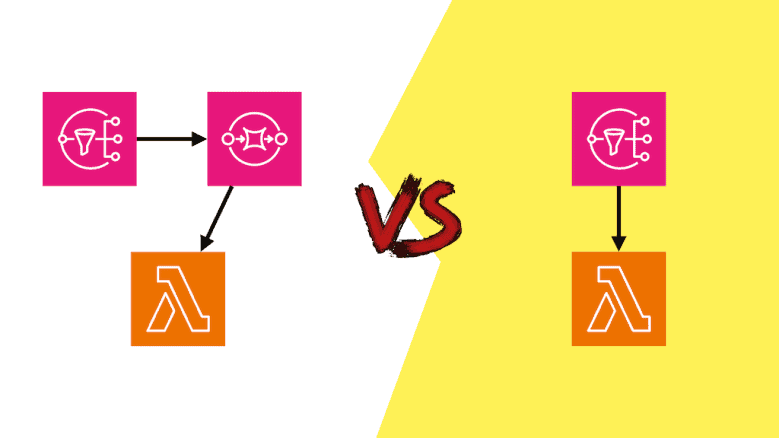FREE online courses to learn Lambda and Step Functions
It’s been a few years since I launched the “Complete Guide to AWS Step Functions” and “Learn you some Lambda best practice for great good!“. And given the diminishing value of these early courses I feel it’s only right that I stop charging for them. So from now on, you can sign up for these …
FREE online courses to learn Lambda and Step Functions Read More »









